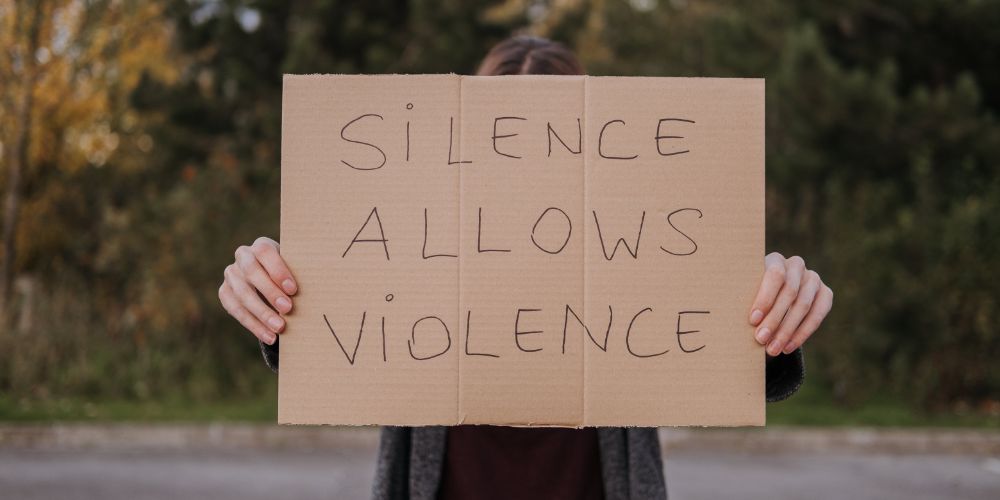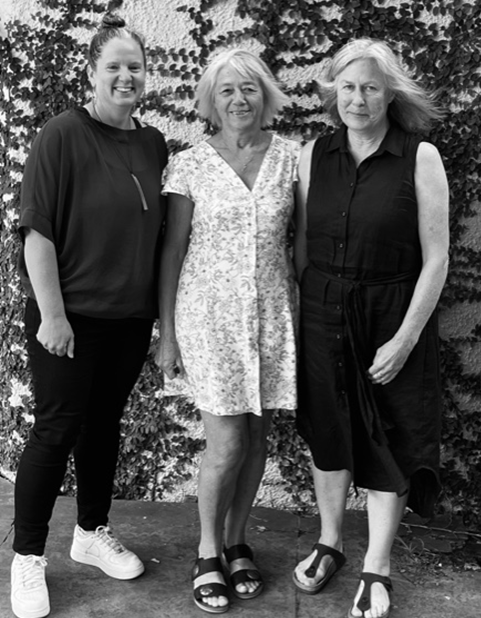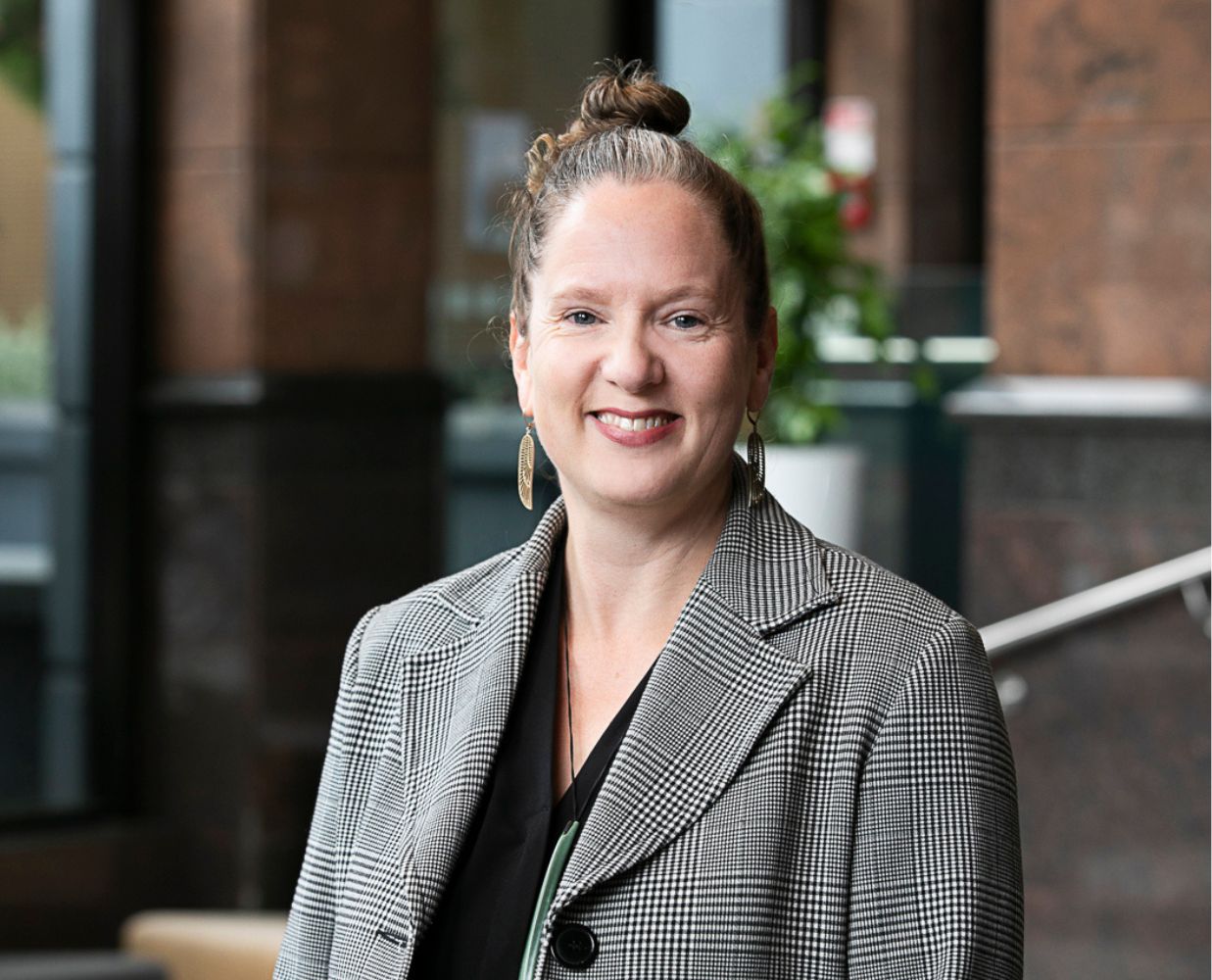NZFVC, hosted by UniServices, is the national centre for family, whānau and sexual violence research and information. Its vision is to ensure families, whānau and relationships are healthy, respectful and free from violence. Its purpose is to provide access to high-quality research and information on family, whānau and sexual violence.
NZFVC was launched in 2005 in association with Te Rito: New Zealand Family Violence Prevention Strategy. Te Rito was developed in 2002 as a plan of action to reduce and eliminate family violence in Aotearoa New Zealand.
“People who were sitting in universities and government could see that there was research that wasn't making its way into policy and practice,” said Sheryl Hann, NZFVC’s former outreach coordinator, at tenth anniversary events in 2015.
The NZFVC has been hosted by the University of Auckland since 2011, initially led by associate professors Janet Fanslow and Robyn Dixon.
In 2021, the Clearinghouse moved to having Māori and tauiwi academic co-directors and Māori and tauiwi advisory groups. In 2023, it recruited a Kaupapa Māori research lead to grow commitment to Te Tiriti and increase the sharing and promotion of mātauranga Māori and kaupapa Māori approaches.



